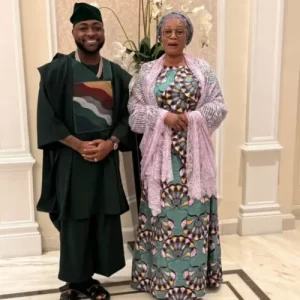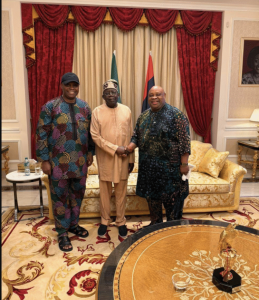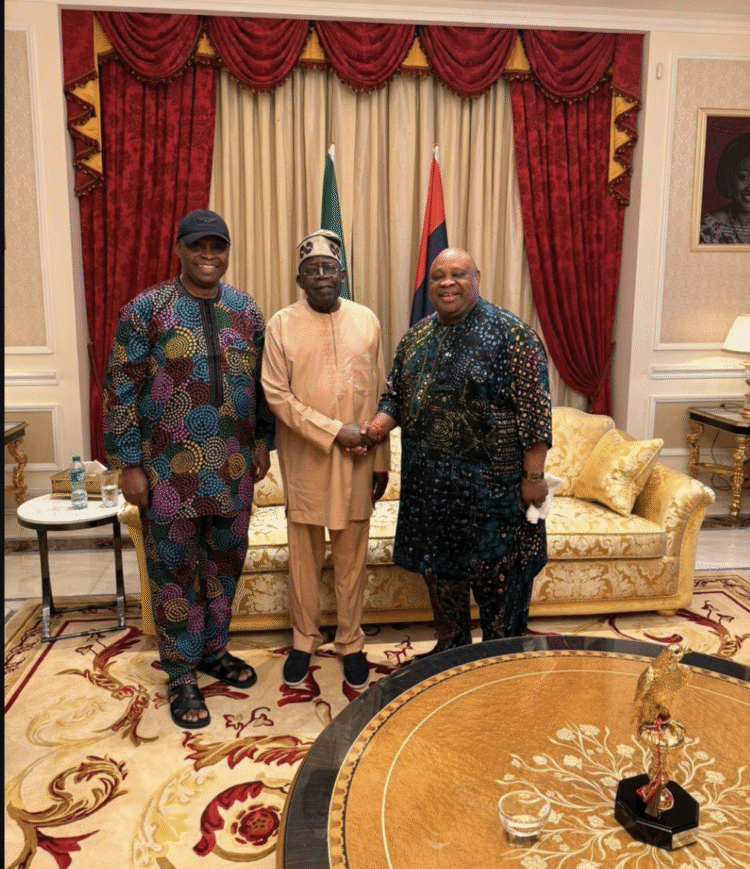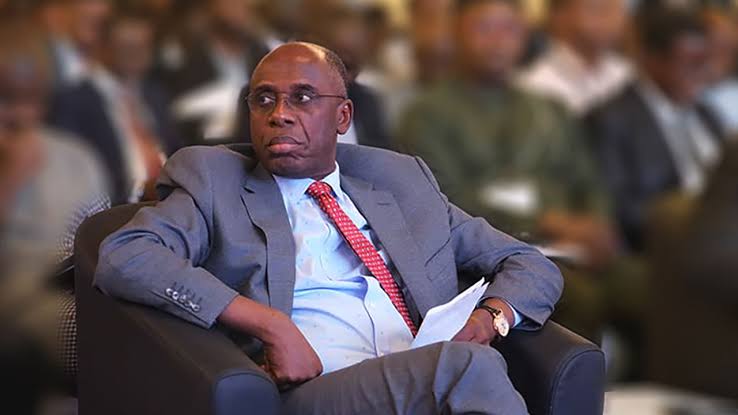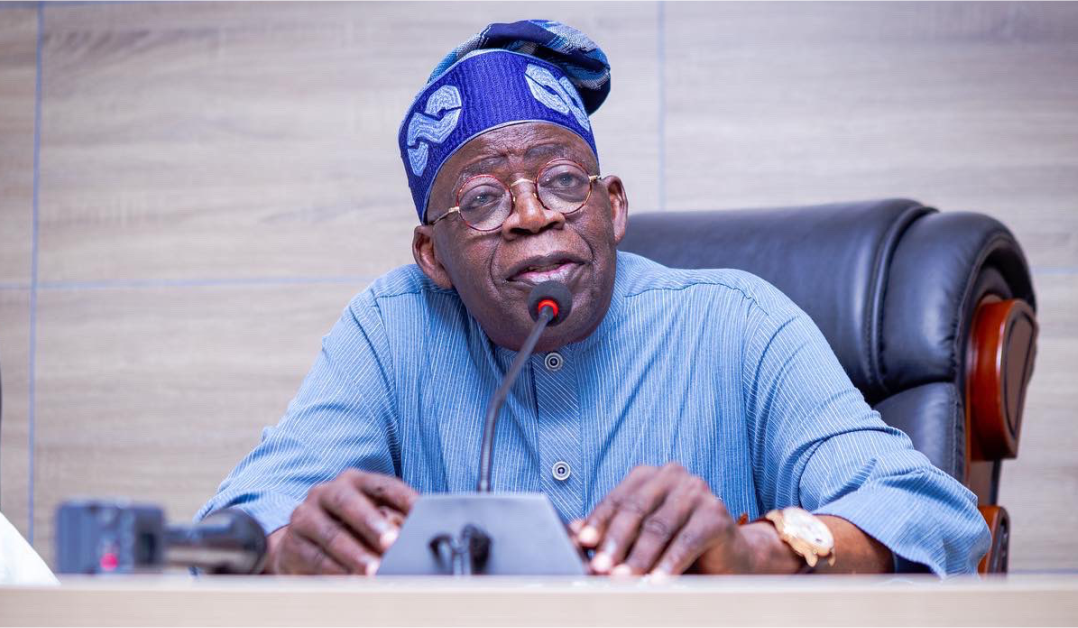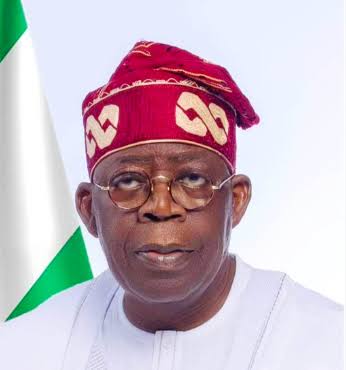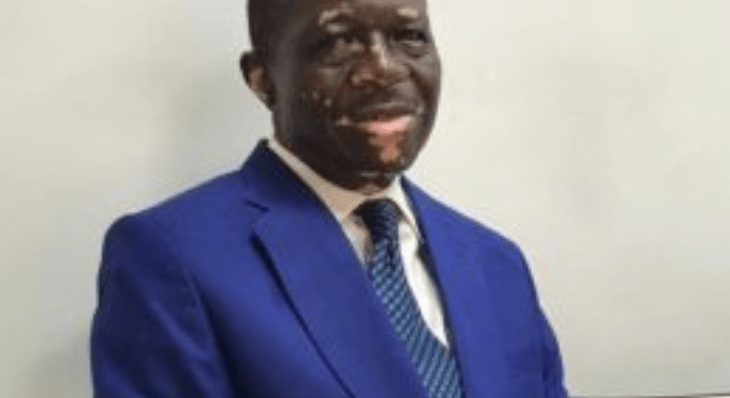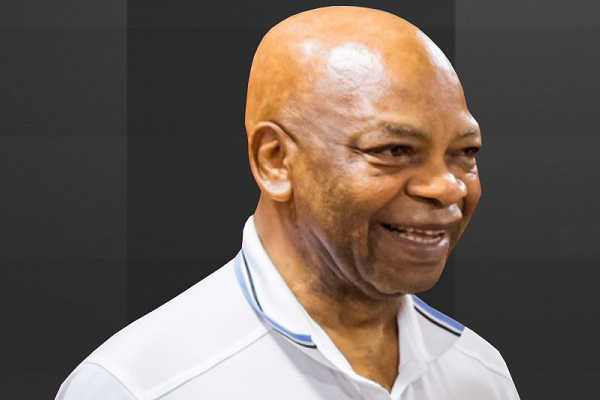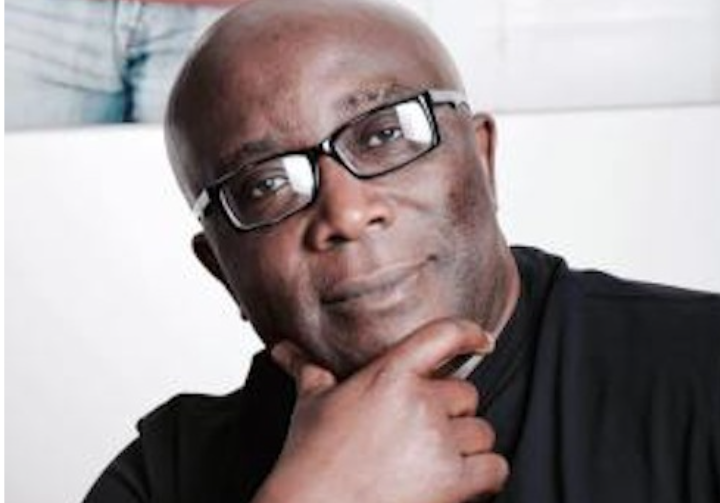My dearly most cherished President Bola Tinubu, I beg of you to consider above question, with absolute sincerity, and try your very best in responding to it, please.
Your response, in whichever way, shall remain one befitting legacy you shall be leaving behind for posterity, knowing fully that, just like every other mortal, you have a limited space of occupation on this side of the divide. Very soon, and again, just like every other human being – this author inclusive, you shall be translating from mortality to immortality.
And by the time we are gone, posterity shall arise to evaluate what we did while we occupied the space allocated to us by our Creator on earth. That would be when our Daniels shall be brought to judgement.
The question above is based on finding of BudgIT, while critically looking at the 2025, Budget, currently being implemented by the Federal Government – meaning your government, Mr President. What BudgIT discovered, while on the forensic examination of the Budget is not only alarming but a death sentence on Nigerians.
The Budget Proposal you submitted to the National Assembly, and which was critically scrutinised by the NNSS [so it ought to be] before it became a Bill, which your Honourable-Self later signed into Law, was Padded with 11, 122 budget projects, amounting to the whopping Sum of N9.93 trillion Naira.
Mr President, you owe Nigerians absolute responsibility to explain what happened with this 2025 Budget, as it relates to these deadly Padding, which are not going to serve interest of Nigerians but few individuals in the Executive and the NASS. The Sword of Damocles is vicariously hanging on you on this matter, for two major reasons.
One, you and your Executive Arm of Government drew the Budget Proposals before submitting same to the National Assembly – this is your Constitutional responsibility, of course.
Two, when the National Assembly finished its work of scrutinising, assessing and evaluating the Budget Proposal, it then passed it as a Bill – fit to become Law, only by your assent. It makes you the Alfa and Omega of the whole process. That raises the validity of the question of this essay’s caption.
Did the Budget Proposal you sent to the NASS had these 11, 122 budget projects, amounting to N9.93 trillion in it? If it did not, how come that you did not see this huge and monumental Padding, on the return of the Budget to you, before you signed it into Law?
You owe the Nigerian People adequate explanations, of both [your] actions and inactions on this matter. But let me help you a little further, by explaining what BudgIT stands for, and presenting to you the source and details of the demonic scamming of the Nigerian People, please.
What is BudgIT
BudgIT is a Nigerian civic-tech organization focused on promoting transparency and accountability in government spending and budget implementation. It uses technology to make government budgets and public finances accessible and understandable to citizens. BudgIT also works to improve citizen engagement, advocate for fiscal reforms, and monitor government projects.
The totally regrettable revelation of the story as presented by the Leadership Newspaper.
Padding: NASS, BudgIT disagree over N6.93trn projects in Budget 2025
Budget 2025
..How NASS inserted 11, 122 projects budget — BudgIT
..2025 Appropriation Bill interrogated, passed based on the exact amount presented – Senate
…NASS has powers to amend budget — Reps
ABUJA — The National Assembly and a civic organisation, BudgIT, yesterday disagreed over insertion of 11,122 projects worth N6.93 trillion into the 2025 budget.
BudgIT had alleged that the lawmakers padded the Appropriation Bill with the projects it described as not in alignment with the Medium-Term National Development Plan (2021–2025) and other national priorities.
But both arms of the National Assembly, the Senate and the House of Representatives, reacted swiftly yesterday, dismissing allegations that they padded the budget.
They also reaffirmed their powers to amend the budget, as enshrined by the 1999 constitution.
However, BudgiT, which promotes and monitors public finance, said in a statement yesterday that by inserting the projects, which the executive did not envisage, legislators have taken what began as isolated irregularities over the years, to a deeply entrenched culture of exploitation and abuse, with the budget process now turned into a playground for self-serving political interests, led by top-ranking members of the national legislature.
BudgIT said 238 projects valued above N5 billion each, with a cumulative value of N2.29 trillion, were inserted with little or no justification.
Similarly, 984 projects worth N1.71 trillion and 1,119 projects within the range of N500 million to N1 billion, totalling N641.38 billion, were indiscriminately inserted, raising questions about their relevance and alignment with national priorities.
These insertions, according to BudgiT, appeared tailored to satisfy narrow political interests and personal gains rather than the citizens’ interests.
Giving further details of how the padding was done, BudgIT stated: “A closer look shows that 3,573 projects worth N653.19 billion are assigned directly to federal constituencies and 1,972 projects worth N444.04 billion to senatorial districts.
‘’Categorically, some of the most glaring anomalies include 1,477 street light projects worth N393.29 billion; 538 boreholes totalling N114.53 billion; 2,122 ICT projects valued at N505.79 billion; and N6.74 billion earmarked for ‘empowerment of traditional rulers.
‘N1.72trn projects tucked into Agric Ministry’s budget’
“Shockingly, 39% of all insertions, 4,371 projects worth N1.72 trillion, were forced into the Ministry of Agriculture’s budget, inflating its capital allocation from N242.5 billion to N1.95 trillion.
‘’The Ministries of Science and Technology, and Budget and Economic Planning also saw bloated allocations of N994.98 billion and N1.1 trillion, respectively, from insertions alone.
“Even more concerning is the targeted misuse of agencies such as the Nigerian Building and Road Research Institute (Lagos) and the Federal Cooperative College, Oji River, as dumping grounds for politically motivated projects.
‘’These agencies lack the technical capacity to execute such projects, leading to rampant under-performance and waste. For example, the Federal Cooperative College, Oji River, a training institution, was saddled with N3 billion for utility vehicles to support farmers and distribution agents; N1.5 billion for rural electrification in Rivers State; and N1 billion for solar streetlights in Enugu State.
‘’These are examples of agencies operating outside their mandates, managing projects unrelated to their statutory functions, and adding zero value to national development.
“Despite these findings, the Presidency has remained conspicuously silent. Recall that in the third and fourth quarters of 2024, BudgIT launched the ‘The Budget is a Mess’ campaign to bring these issues to light.
‘’We submitted formal letters outlining our findings to the Presidency, the Budget Office, and the National Assembly. While these letters were acknowledged, no response was received from any of the institutions, and not a single institution has taken responsibility for the anomalies.
‘’Even more concerning is the silence from the Presidency, silence which, in the face of overwhelming evidence, amounts to complicity.”
Commenting on the findings, Gabriel Okeowo, BudgIT’s Country Director, stressed the urgent need to restore integrity to Nigeria’s budgeting process, highlighting how unchecked project insertions by the National Assembly had derailed the purpose of national planning, weakened public trust and diverted resources away from critical development priorities.
Okeowo said: “The insertion of over 11,000 projects worth N6.93 trillion into the 2025 budget by the National Assembly is not just alarming, it is an assault on fiscal responsibility. This trend, increasingly normalised, undermines the purpose of national budgeting, distorts development priorities and redirects scarce resources into the hands of political elites.
‘’Nigeria cannot afford to run a government of projects without purpose. We urgently need transparency, constitutional clarity, and a return to evidence-based planning that puts citizens, not politics, at the centre of the budget.
“In light of the foregoing, we call on President Bola Ahmed Tinubu to exercise stronger executive leadership and reform the budgeting process to ensure alignment with the Medium-Term National Development Plan (2021–2025) and other national priorities.
‘’We urge the Attorney-General of the Federation and Minister of Justice to seek a constitutional interpretation from the Supreme Court regarding the extent of the National Assembly’s appropriation powers, particularly its authority to unilaterally introduce new capital projects without executive concurrence.
‘’We hope that the anti-corruption agencies, including the Economic and Financial Crimes Commission, EFCC, and the Independent Corrupt Practices Commission, ICPC, will also take action to track these projects and ensure Nigeria gets value for money.
“We also call on citizens, the media, civil society organisations, and the development community to speak out and demand reform.
‘’This is not merely about financial mismanagement, it is a matter of justice, equity and the future of accountable governance in Nigeria. The 2025 budget must serve the interests of the Nigerian people, not a privileged few.’’
Below is what the Senate said about this huge Scam
2025 Appropriation Bill interrogated, passed based on exact amount presented — Senate
Dismissing the allegations yesterday, the Chairman, Senate Committee on Media and Public Affairs, Senator Yemi Adaramodu (APC, Ekiti South), said the 2025 Appropriation Bill was presented by the executive, interrogated and passed, based on the exact amount presented.
While advising those he described as ubiquitous but ludicrous political ball-boys to engage in patriotic and truthful endeavours, Adaramodu said: “The dark angels of falsehood and public discord are only interested in stirring disaffection against the National assembly.
“For a long time, there has been a lull in their sordid trade of irreverent propaganda, hence a resort to the latest spurious allegation of budget padding.’’
This comment from the Nigerian Senate is nothing but Balderdash.
Below is what the House of Representative said about the Scam
NASS has powers to amend budget —Reps
On his part, Deputy Chairman of the House Committee on National Planning and Economic Development, Clement Jimbo, dismissed insinuations that the National Assembly padded the 2025 national budget, describing such claims as “completely false” and rooted in “ignorance” of the legislature’s constitutional responsibilities.
Speaking in an interview with Vanguard, Jimbo reaffirmed the National Assembly’s legal authority to review, amend, and approve the national budget, emphasising that the legislature is not a rubber stamp for executive proposals.
He said: “The National Assembly is the arm of government the constitution has empowered to make laws. There is no other arm of government that is saddled with that responsibility.
‘’We make the law, including the budget. The budget the Presidency sends to the National Assembly is called an estimate; it is not yet law until we pass it.”
Jimbo stressed that the legislature has the constitutional powers to modify the budget proposals sent by the executive, including additions and subtractions, to reflect the aspirations of Nigerians.
“If what the executive sends to us is not in tandem with the aspirations of Nigerians, we can change it. Make no mistakes about that. We have the power to change it, amend it, subtract and add. That power is the exclusive right of the National Assembly,” he stated.
Citing an example, Jimbo, who pointed to a recent disagreement over tax legislation, said: “The executive proposed that VAT be increased by 2.5%. We said no, let it remain at 7.5%. The way we treated that is the same way we handle the national budget.”
He expressed strong disapproval of recent reports suggesting that lawmakers arbitrarily padded the budget, calling such narratives misleading and factually incorrect.
The lawmaker added: “I completely disagree with them (BudgiT). It is completely based on ignorance.
‘’The executive cannot send a budget of N50 billion, and we just approve N50 billion. It is practically impossible. If we did that, we would be reducing ourselves to mere rubber stamps.”
He also offered insight into the legislative budget process, noting that the estimates were reviewed by nearly 200 specialised committees in the House of Representatives, each interfacing with corresponding government ministries, departments and agencies, MDAs.
“This is what is called budget defence. If agencies cannot justify their budget proposals, based on previous performance, the National Assembly has the power to slash what they’re asking for. Equally, we have the power to increase the budget for agencies that have been underfunded,’’ he said.
While debunking claims that individual lawmakers could unilaterally divert funds to favoured regions or interests, Jimbo said: “No one senator or House member can sit down and say the budget of a particular region should be channelled to favour anybody. It’s false.
‘’I have participated in the 2023 supplementary budget, 2024, and now the 2025 budget, I have never seen such a thing.”
He reiterated that the recent report alleging budget padding by the National Assembly is “false, to the extent of irresponsibility,” and called for greater public understanding of the legislative process.
“This is not a difficult thing for Nigerians to know, and even for those pushing these narratives to understand. What they are saying is completely false,’’ the lawmaker said.
This comment from the Honourable House of Representative is complete Balderdash.
Mr President, as I draw the curtain on this exercise, permit me to place on record that l have done my very least good in helping you. But it is entirely your vicarious responsibility to uphold and defend your integrity, which is highly at stake now, on this subject matter.
I salute you most respectfully.
